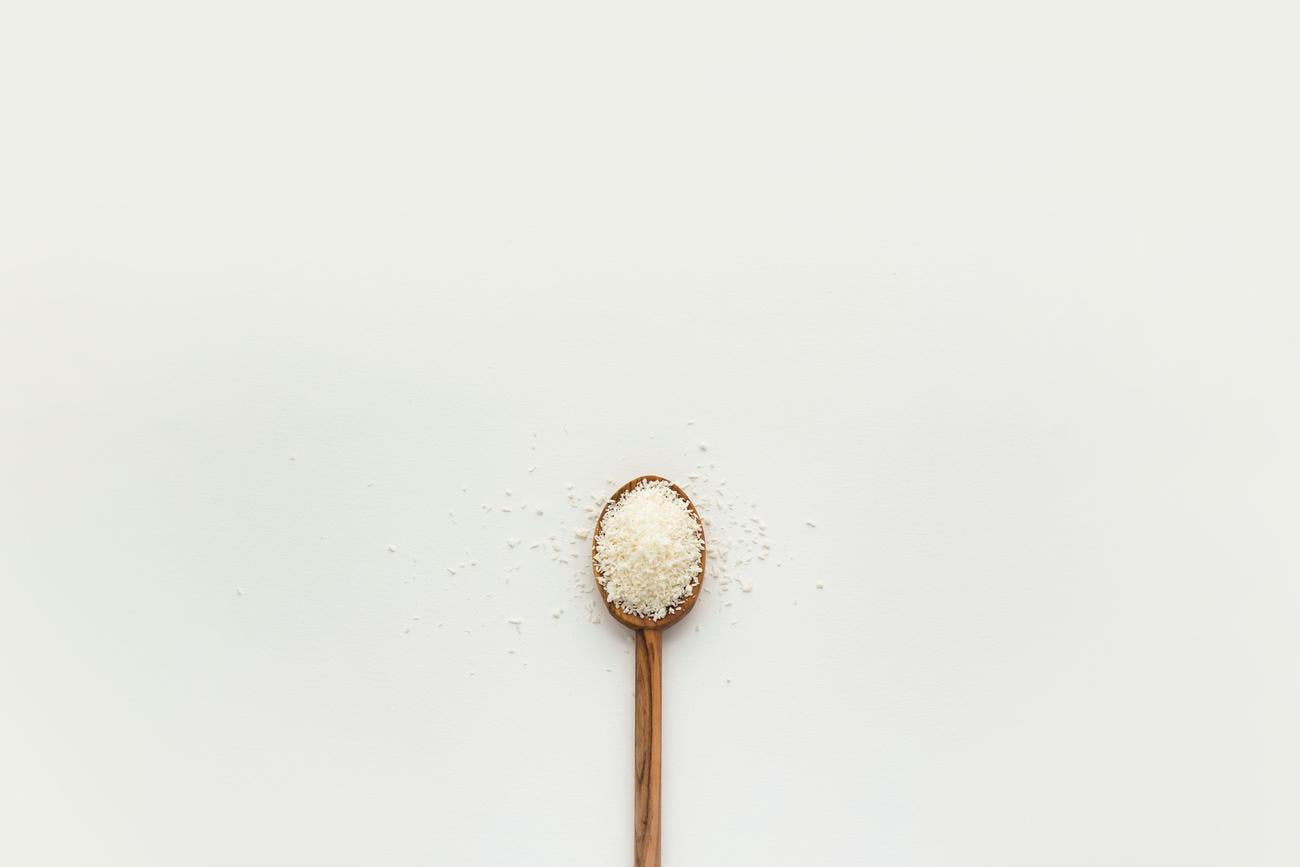Are you curious about the latest trend in oral care products? Look no further! In this article, we will delve into the world of charcoal toothpaste ingredients and unravel their mysteries. As an experienced dental professional with a passion for staying updated on the latest research, I am here to provide you with evidence-based insights on the efficacy, safety, and potential side effects of charcoal in oral care. Join me on this journey of understanding, as we explore the science behind charcoal toothpaste ingredients and make informed choices for our dental well-being.

Charcoal Toothpaste Ingredients
When it comes to oral care, consumers are constantly seeking new and innovative products to maintain healthy teeth and gums. One such product that has gained popularity in recent years is charcoal toothpaste. But what exactly are the charcoal toothpaste ingredients and are they really effective? As a dental professional with expertise in oral health and hygiene, let’s delve into the world of charcoal toothpaste and analyze its ingredients.
Charcoal toothpaste typically contains activated charcoal as its main ingredient. This type of charcoal is created when regular charcoal is exposed to high temperatures and combined with a gas. Activated charcoal is known for its highly porous nature, which allows it to effectively absorb and trap impurities. In addition to activated charcoal, charcoal toothpaste may also include other ingredients like stabilizers, flavorings, and sweeteners to improve its taste and texture.
While proponents of charcoal toothpaste claim numerous cosmetic and health benefits, such as teeth whitening and detoxification, it’s important to note that there is insufficient scientific evidence to support these claims. Limited research has been conducted on the safety and effectiveness of charcoal toothpaste, leaving room for uncertainty. Therefore, it is crucial to ensure that any conclusions drawn about charcoal toothpaste ingredients are based on evidence-based studies and dental professional advice.
One of the primary safety concerns associated with charcoal toothpaste is its potential abrasiveness. Being an abrasive substance, activated charcoal has the potential to wear down tooth enamel over time. This is especially concerning as tooth enamel is the protective outer layer of our teeth that helps prevent tooth decay and sensitivity. Additionally, many charcoal toothpastes lack fluoride, a vital mineral that strengthens enamel and protects against cavities. So, while charcoal toothpaste may offer temporary whitening effects, it may not be the best long-term solution for dental health.
Before jumping on the charcoal toothpaste bandwagon, it’s essential to consider individual circumstances that may necessitate caution. Individuals with certain dental conditions, such as enamel erosion or weakened teeth, may want to avoid charcoal toothpaste, as its abrasive nature could potentially exacerbate these issues. Moreover, some medications may interact with activated charcoal, reducing its effectiveness or causing adverse reactions. As always, it is highly recommended to consult a dentist before incorporating any new oral care products into your routine.
Although charcoal toothpaste has gained popularity in recent years, it’s worth noting that there are alternative natural remedies for teeth whitening. One such option is charcoal powder, which can be mixed with other gentle ingredients like baking soda and coconut oil to create homemade toothpaste. While charcoal powder offers similar benefits to charcoal toothpaste, it allows for more control over the ingredients used and can be a cost-effective alternative. However, it is essential to remember that commercially available charcoal toothpastes differ significantly in ingredients and effectiveness from the DIY versions.
When it comes to choosing the best charcoal toothpaste brand, individual preferences play a significant role. Some may prefer the convenience and familiarity of regular toothpaste-like texture, while others may opt for charcoal powder for its flexibility in ingredient selection and customization. It’s important to keep in mind that the effectiveness of charcoal toothpaste varies among individuals. What may work well for one person may not yield the same results for another.
To summarize, understanding charcoal toothpaste ingredients is a crucial aspect of making informed oral care choices. While charcoal toothpaste may offer cosmetic benefits by temporarily whitening teeth, it’s important to consider the potential risks associated with its abrasive nature and lack of fluoride. Furthermore, the limited research available means that additional studies are needed to conclusively determine the safety and efficacy of charcoal toothpaste. As dental professionals, we are best equipped to guide our patients in maintaining optimal oral health. So, consult a dentist to get personalized guidance and recommendations specific to your dental needs.
In conclusion, let’s remember that when it comes to our oral health, making informed choices is paramount. While charcoal toothpaste continues to gain popularity, it is crucial to provide evidence-based insights into the ingredients and their potential effects. By focusing on the context, we can ensure that readers understand the nuances and potential risks associated with charcoal toothpaste. So, let’s embrace the power of knowledge and seek the guidance of dental professionals to maintain healthy and vibrant smiles. As the saying goes, “A healthy mouth leads to a healthy life.”
To discover fascinating facts about charcoal toothpaste, click here and delve into a world of dental intrigue. This innovative oral care product has captured the attention of many, promising unique benefits and a natural approach to teeth whitening. Unveil the secrets behind this dark-hued dental paste, unravel the science, and learn why charcoal toothpaste has become a popular choice for oral health enthusiasts. Embrace the opportunity to expand your knowledge and embrace the charcoal toothpaste revolution.

FAQ
Q: What are the main ingredients found in charcoal toothpaste?
A: Charcoal toothpaste typically contains activated charcoal as the main ingredient, along with other stabilizing, flavoring, and sweetening ingredients.
Q: Is charcoal toothpaste safe to use?
A: Research on the safety of charcoal toothpaste is currently limited and inconclusive. More studies are needed to determine its safety for oral care.
Q: What are the potential safety concerns associated with charcoal toothpaste?
A: Some potential safety concerns include the abrasive nature of charcoal toothpaste, its lack of fluoride, and the possibility of leading to tooth decay and enamel damage.
Q: Who should avoid using charcoal toothpaste?
A: It is recommended that individuals with certain dental conditions or those taking specific medications should avoid using activated charcoal toothpaste. Consulting with a dentist is advised in such cases.
Q: What are the claims made by proponents of charcoal toothpaste?
A: Proponents of charcoal toothpaste claim both cosmetic and health benefits. However, there is currently insufficient evidence to support these claims.
- Unlock 6000+ words beginning with he: A comprehensive analysis - April 20, 2025
- Mastering -al Words: A Complete Guide - April 20, 2025
- Master Scrabble: High-Scoring BAR Words Now - April 20, 2025
















